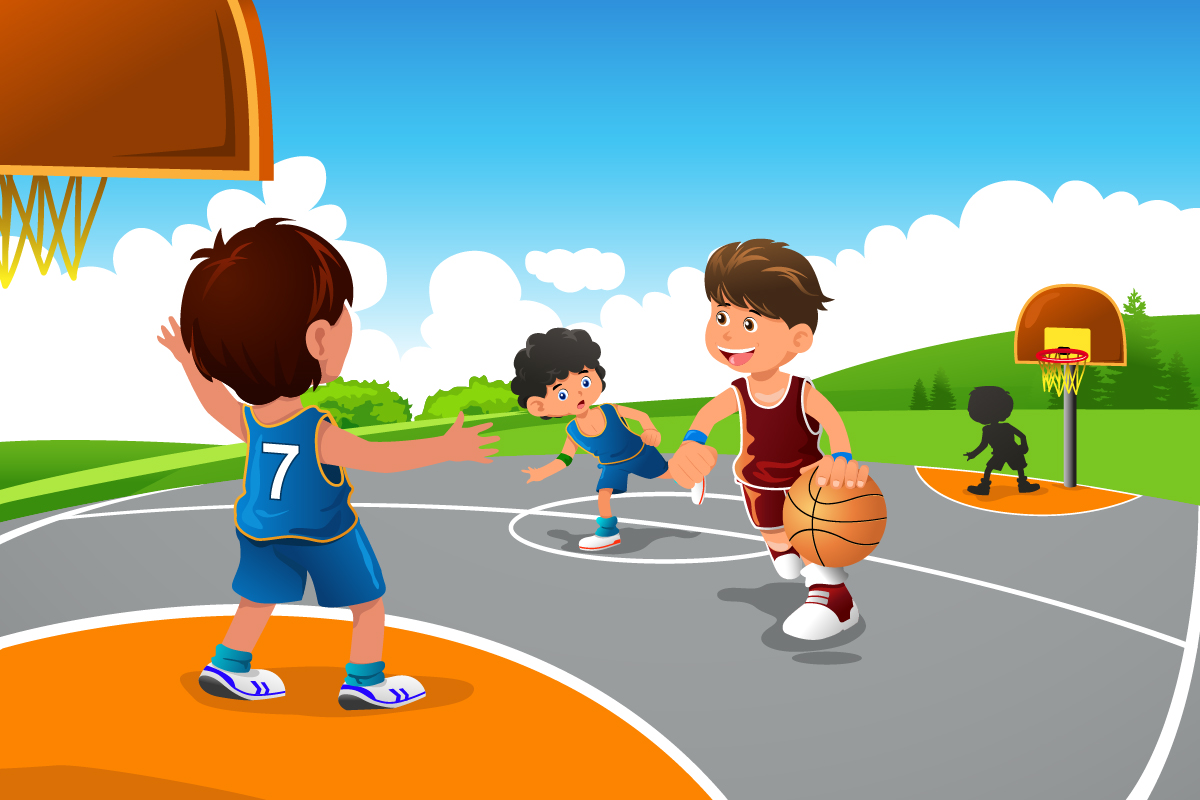Many schools offer extra-curricular activities for students, either before school, after school, or on the weekend. While this might be seen as a lot for children to have to do, extra-curricular activities can be important in their development, and can improve social skills, further their future careers, and much more. Here are just a few of the many benefits children will see if they take part in extra-curricular activities.
Exploring New Things
As part of extra-curricular activities, children will get to try out an activity that they otherwise might have never considered. Whether it’s the hockey team or chess club or book club, these provide a diverse range of outlets for children that they wouldn’t get to experience in an academic setting. Even if they realise that after a few weeks they’re not enjoying it, at least they would have given it a go. If they do enjoy the activity, though, it could help give them an idea of what to pursue in university, and then in later life. A student who joins a film club, for example, might be inspired to go into a career in film, and an Olympic athlete might start out by joining an after-school gymnastics club.
Increasing Self-Esteem
If children aren’t doing any activities, they can start to feel like they aren’t accomplishing anything, which can in turn affect their self-worth. A child doing lots of extra-curricular activities, on the other hand, doesn’t have time for these feelings. Children doing activities can discover hidden talents that they might not otherwise have if they’d stuck with purely academic subjects. If a child’s talented at something, then they’ll obviously enjoy it, which in turn will improve their self-esteem and make them feel better about themselves and more confident.
Building Relationships
Children will get to meet new people, and widen their social circle – as part of extra-curricular activities, they’ll meet students from other classes, and possibly even from other schools. This is a chance for them to interact more with people their own age, as they encounter new social situations that are outside the structure of a normal school day. Depending on what the activity is, they’ll also learn teamwork skills – and that’s not just in sports. Children will also work together if they’re in a band, or drama club, or helping out with the school newspaper, for example.
Learning New Skills
As well as learning new skills that are relevant to the extra-curricular activity, children will also be able to pick up skills that will serve them well in later life, such as time management, or how to set themselves goals. For example, they’ll learn how to manage their time properly, as they figure out how to prioritise different commitments. Even if it’s just setting aside time to finish homework, play an instrument, or practice a new football skill, it’s something all children need to learn.
They Look Good
It’s always important to consider a child’s future, and one of the biggest benefits of extra-curricular activities is that they look good. According to the Times Higher Education magazine, achievements from outside the classroom can be more important that academic achievements. When they leave school, potential employers or universities will want to know what kind of person the student is before they offer them a job or a place on their chosen course. Extra-curricular activities can be included on CVs, or listed on college or university applications. Academic performance isn’t the only thing that matters nowadays – it’s important that the students can prove they’re well-rounded and capable, and taking part in clubs and sports teams is the best way of showing that.










